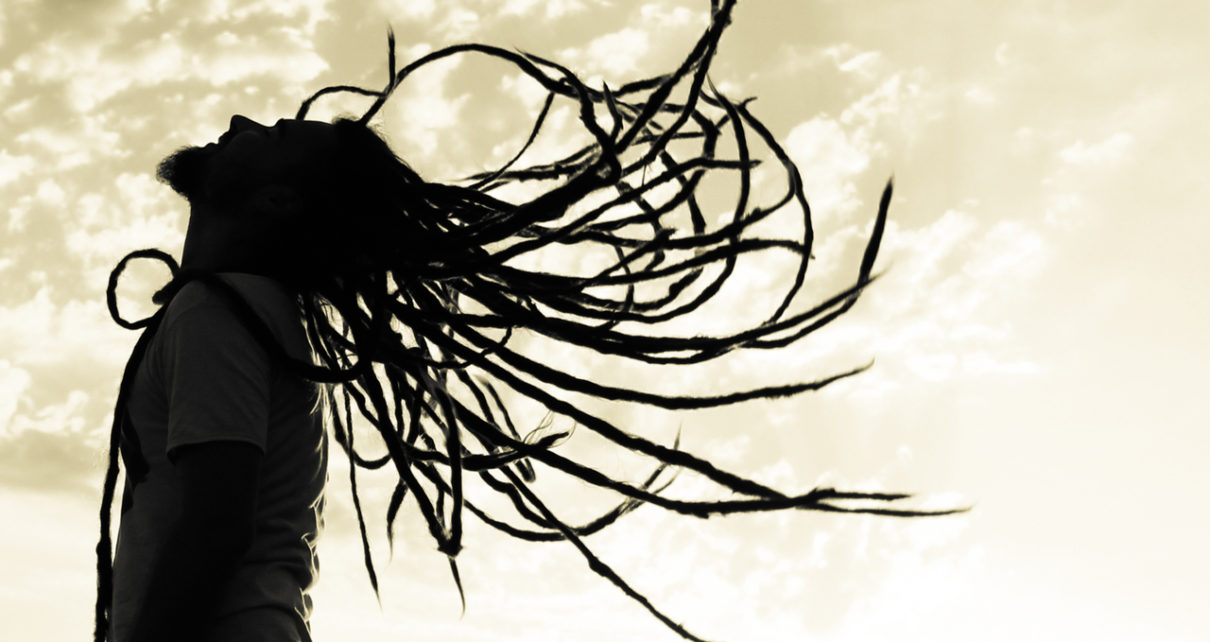Kenyans think Rastas are about dreadlocks, reggae music and ghetto life; but it’s a natural progression towards self realization
By Mbatia wa Njambi
Visiting Thinker
Rastafarians will now have one of their own at the High Court and ‘Ras Mathenge’ will have his plate spilling with pending issues for ‘I and I’. One is, Rastas and their predilection for smoking something stronger than a cigarette. Known variably as bangi, ngwai, boza, bomu, mbaga, ganja, holy herb and St John’s bread, it is illegal in Kenya where it can land one-Bobo Ashanti turban and all- to 14 years in the slammer.
There is also the ‘Bangi Bill’ pending in Parliament. It was tabled by the late Kibra MP Ken Okoth. Maybe, Mathenge can take a look, see how Rastas can pass the joint, feel Aire, without fear of surviving on government posho in Kamiti.
That will be important. The over one million Rastas worldwide have two religious ceremonies one of which is “A Reasoning”- a simple gathering to smoke and discuss ethical, social and religious issues. In fact, Rastas believes in three things: the ‘religious’ value of marijuana, reincarnation and Emperor Haile Selassie as a prophet and only African linkage to Jesus Christ.
Rastafarians believe their bodies are temples of God and don’t worship in physical buildings. They have no missionaries or street preachers
Mathenge, who completed his pupilage at the Kenya National Council for Law Reporting, can thus change perceptions about Rastafarians, a movement which began in the 1930s among oppressed Jamaicans. Most were spurred by interpretations of Biblical prophecy and teachings of Pan-Africanist Marcus Garvey who prophesied “Look to Africa, for there a king shall be crowned”. Haile Selassie was crowned as Emperor, the 225th in a complete line of Ethiopian kings from the biblical King Solomon and Queen of Sheba.
In Kenya, Rastafarians are misunderstood, held in suspicion. They use the Holy Piby (Rastafarian bible), believe their bodies are temples of God and don’t worship in physical buildings. They have no missionaries or street preachers. Rastafarianism spread globally, through immigration and the power of the social-political messages in the reggae music of Bob Marley. Besides the Bobo Ashanti, the other Mansions or orders are the Nyambighi and The Twelve Tribes of Israel.
To Rastafarians, dreadlocks are a journey of the mind, soul and spirituality; achieved without a comb, which like the razor and scissors, are ‘Babylonian’ or (white) inventions.
The last East African Reggae Festival was held at Splash Waterworld, Nairobi, in 2005 where Don Rawzi, a former Catholic but now a long-serving Rastafarian piped: “Most Kenyans think Rastafarians are about dreadlocks, reggae music and ghetto life. But it’s a natural progression towards self realization, besides caring for humanity.”
Marijuana helps in prayer and meditation and has a rightful place in creation and no laws should hold captive a plant that can’t defend itself
As for that billowy matter of puffing at illegalities, Rawzi offered that “it is a biblically sanctioned communion, though non Rastas have abused it. King Solomon said that wine is good for the heart and chalice (read Marijuana) is good for the soul. Remember Solomon was the wisest man?”
Another Rasta, Martin Simbaoni (Ras Mato) added that Rastafarianism “is a consciousness of being and marijuana helps in prayer and meditation and has a rightful place in creation and no laws should hold captive a plant that can’t defend itself. Jailing a faithful for partaking a communion, is letting evil triumph.”
But Rastafarians got into more problems with the return of the outlawed Mungiki sect around 2006. Mungiki adherents wore dreadlocks, puffed at strong smokables, dispensed with underwear. Kenyan cops could hardly differentiate Mungiki and Rastafarians.
Today, wearing dreadlocks is more of a fashion than a statement of religious leanings, but Rastafarianism largely remains misunderstood, held in suspicion.
